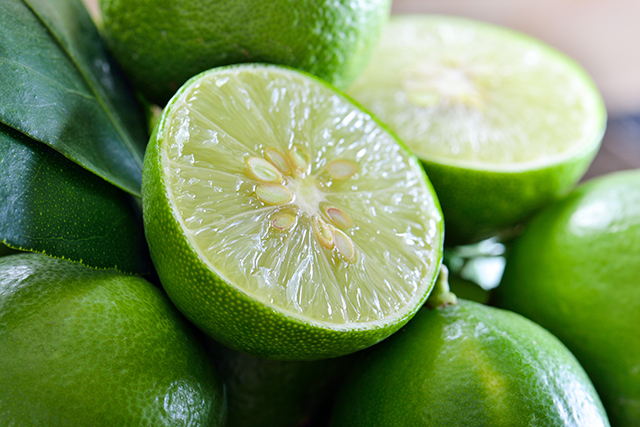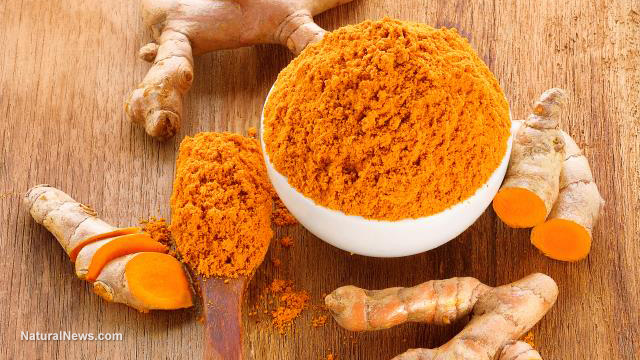 Parler
Parler Gab
Gab
Cinnamon has been shown to normalize blood sugar levels in Type 2 diabetics by improving the ability to respond to insulin. It does so in part by slowing the rate at which the stomach empties after eating as evidenced by a study in which people ate about a cup of rice pudding with and without about a teaspoon of cinnamon. Adding the cinnamon slowed the rate the stomach emptied from 37% to 34.5% and significantly slowed the rise in blood sugar levels. Even less than a half of a teaspoon a day reduces blood sugar levels in Type 2 diabetics.
2. Favorably Alters the Blood Lipid ProfileDiabetics can also reduce their risk factors associated with cardiovascular disease by consuming even one daily gram (about 1/3 teaspoon) of cinnamon. One 2003 USDA study found that after 40 days of eating between just 1 and 6 grams of cinnamon (about 2 teaspoons), Type 2 diabetics were not only able to reduce their blood sugar levels by 18% to 29%, but also lowered their triglycerides by 23% to 30%, their LDL cholesterol by 7% to 27% and total cholesterol by 12% to 26%. [Note: the focus on LDL cholesterol particles by number versus their quality is misleading. Learn more about the cholesterol myth here.]
3. Supports Healthy Blood ClottingMuch research has been devoted to cinnamon's effect on blood platelets, which contribute to clotting. It helps thin the blood and prevent unwanted clumping of platelets. It is so effective as an anti-coagulant that patients taking prescription blood thinners are warned not to take cinnamon in concentrated form such as supplements or extracts. Cassia has higher concentrations of the blood-thinning agent coumarin, which is all the more reason to opt for the Ceylon form.
4. Fights Bacteria and FungusAyurvedic medicine has long used cinnamon for it anti-microbial qualities to support the immune system and prevent colds and flu. It has been proven to help stop the growth of bacteria, fungus and the common yeast Candida. One study showed that it is an effective alternative to chemical food preservatives and just a few drops of essential oil of cinnamon added to refrigerated carrot broth prevented the growth of foodborne pathogens for up to 60 days.
5. Boosts Memory and Protects the BrainChewing cinnamon flavored gum or just smelling the sweet spice has been found to improve brain activity. Research led by Dr. P. Zoladz and presented at the 2004 meeting of the Association for Chemoreception Sciences, in Sarasota, Florida, concluded that cinnamon enhances cognitive processing and was found to improve test subjects' scores related to attention, memory and visual-motor speed when working at a computer.
A 2011 study suggested that it may have a role in reducing the kind of chronic inflammation that leads to various neurodegenerative diseases, such as Alzheimer's disease, Parkinson's disease, multiple sclerosis, brain tumor and meningitis.
6. Improves DigestionIn Traditional Chinese Medicine, cinnamon has been used for flatulence, nausea and diarrhea. It is also believed to improve the body's ability to digest fruit, milk and other dairy products.
Both cassia and real cinnamon are often labeled the same in North America. The true Ceylon version will be more expensive, and it will be a lighter shade of brown, a finer powder and have a sweeter scent. When buying the sticks, known as "quills," keep in mind that, generally, cassia will be thicker and the two ends will be rolled toward each other rather than being rolled in one direction only.
Read more at: GreenMedInfo.com
10 Natural substances for Type 1 diabetes
By News Editors // Share
Lime juice and 8 other natural ways to quit smoking
By News Editors // Share
Osteoporosis is scurvy of the bone, not calcium deficiency
By News Editors // Share
FDA rules common ingredient in decongestants DOES NOT WORK
By Zoey Sky // Share
Reverse insulin resistance with these 8 foods
By News Editors // Share
Governments continue to obscure COVID-19 vaccine data amid rising concerns over excess deaths
By patricklewis // Share
Tech giant Microsoft backs EXTINCTION with its support of carbon capture programs
By ramontomeydw // Share
Germany to resume arms exports to Israel despite repeated ceasefire violations
By isabelle // Share










